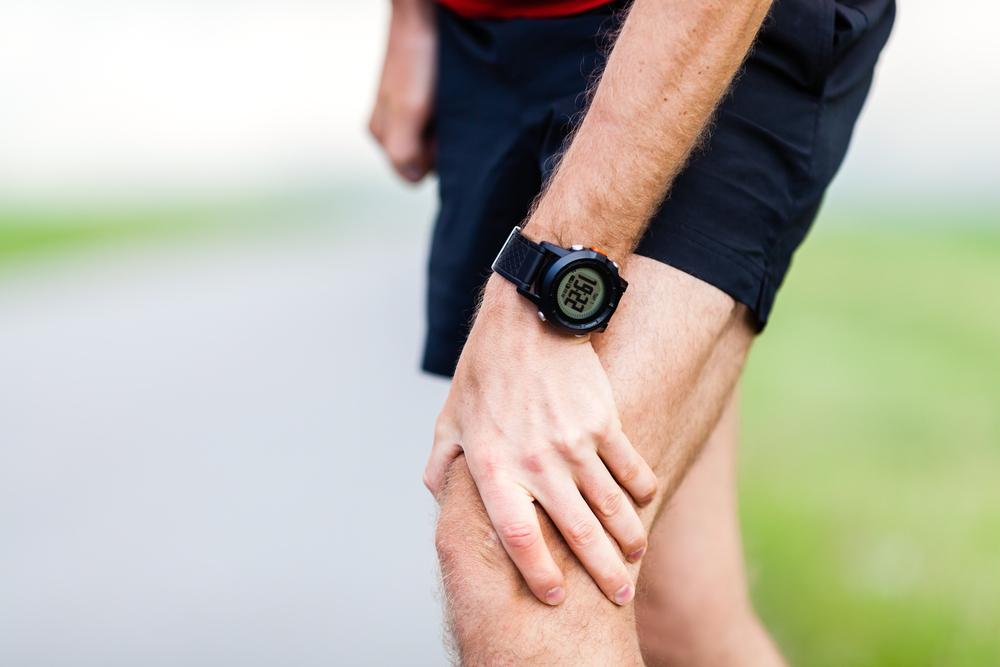Gout – Know about the Causes, Symptoms, and Treatments
Gout is an intensely painful type of arthritis that affects both men and women. Men over the age of 40 are more prone to being affected by it as compared to women. Women can experience gout attacks after menopause. Attacks usually last for a few days or it may even prolong for a week or two, and most of the times, the pain subsides gradually with or without medicines. However, one must see a doctor if the pain worsens and medications don’t work as they are expected to.
Causes
There are many underlying causes as to why people experience gout attacks.

Symptoms
The attacks occur suddenly and generally at night. The symptoms of gout are as follows:
- Severe joint pain: Gout is characterized by severe joint pains especially at the large joint of the big toe. However, other joints like that of the ankles, wrists, elbows, and knees may also be affected at the same time. The pains become excruciating within the first few hours after it begins.
- Prolonged discomfort: Even after the severe pain subsides, some sort of discomfort in the joints still persists and remains for a few days to even a few weeks after it fully recovers. Gout attacks are likely to reoccur and last for a longer period and it affects more joints than the previous attacks.
- Limited motion: As the pain progresses, it becomes very difficult to move the joints freely. The pain becomes so intolerable that even the weight of a paper becomes unbearable.
- Redness and inflammation: The affected joints become swollen and tender. It also becomes warm and red that anyone can make out that something is wrong with the joints.
- Development of tophi: If it is not timely treated, it can cause irreversible damages in the joints and development of nodules under the skin which is termed as “tophi.”
Treatment
Gout generally goes away on taking proper medicines. Some of the treatment procedures have been discussed as follows.
- Non-inflammatory medications: Doctors may prescribe nonsteroidal and anti-inflammatory medications for stopping an acute attack as well as to prevent future attacks. However, these medications may have side effects like bleeding, ulcers, and stomach pain. Therefore, an overdose of these medications should be avoided.
- Pain relievers: Doctors may also prescribe pain relievers to subside the pain but these medicines can also have side effects like vomiting and nausea. So, if any such complications are noticed, seeking the doctor’s advice is of utmost importance.
- Medicines to block the production of uric acid: Doctors may prescribe medicines for blocking the production of uric acid and also for improving the kidney’s abilities for the efficient removal of uric acid from the blood.
- Lifestyle changes: Certain changes in your lifestyle like quitting smoking and alcohol, giving up consuming purine-rich foods like red meat and seafood, and exercising regularly to check your body weight and other health conditions like cholesterol, blood pressure, and diabetes can eliminate the chances of this painful arthritis.
- Alternative treatments: Keeping the body hydrated and daily intake of vitamin C-containing fruits can lower the levels of uric acid in the blood.

